HOME > Football
Shareholding and membership system, how can football clubs develop better?
12:12am, 9 May 2025【Football】
This issue is quite complicated. Strictly speaking, it is not only Real Madrid and Barcelona in La Liga that implement a membership system, but many clubs also implement a membership system.
For example, Benfica in Portugal, as a member-based club, they are the chairman and vice-chairmen who are voted by members, and they both work for the team without pay. To be paid in Benfica, employees employed in Benfica will be paid.
In addition, Benfica's system is relatively special, and their model is carried out by the development model of membership + listed companies. It is not just a membership or shareholding system, but the two are managed separately.
Why did Benfica adopt this model?
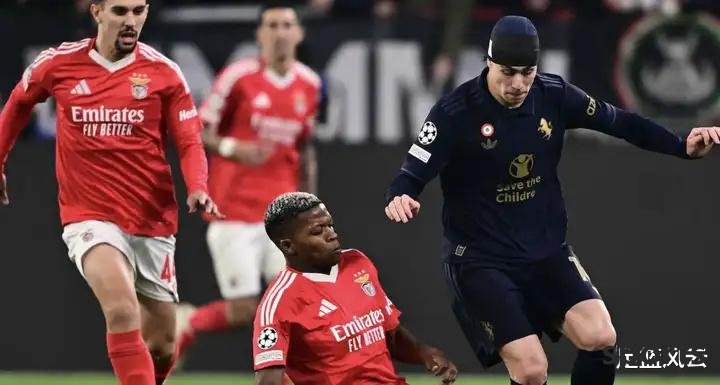
mainly because the traditional membership system is too difficult to cope with changes in the football market. Everyone can attract foreign capital, especially if they have money to buy stars. If they rely solely on members, their development will be restricted and there will be a big bottleneck.
In order to deal with this situation, Benfica took his football affairs separately and established a joint-stock company, and the club controlled the joint-stock company. The development of this dual model is essentially similar to the Bundesliga 50+1. It is to achieve a balance under the market and membership system, which can not only ensure profitability, but also allow members to have the dominance of the club, so that they will not lose control of the team after all in the shareholding system.
Judging from Benfica's current structure, some shares are controlled by the club, some are joint-stock companies, and some are scattered among other shareholders, and the structure is relatively scattered.
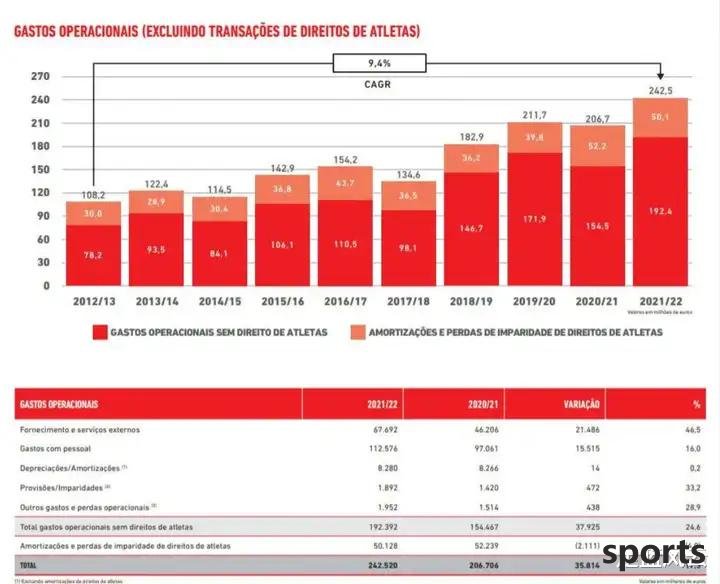
I was very interested in Benfica Club for a while. I went to see their fiscal revenue and the revenue and expenditure ratio in the past few years. Generally speaking, it is relatively stable, but it is not that rich.
It seems that players are buying and selling low and selling high, making a lot of money, but in fact they don’t make much profit.
The reasons are quite complicated. When I talked about the article on Benfica's black store, I mentioned some of their income and expenditure. Even if they open black stores, they have to give some transfer fees to some cooperative clubs, and they cannot fully earn it themselves, and they have to invest some favors.
The staff members invest a lot of money in terms of salary, infrastructure, external services, etc., and the expense ratio of this part is also large. In addition, the Portuguese league itself is not the top five leagues, and the revenue such as broadcasting fees is not as good as the Premier League, which makes it difficult for their team to make profits as big as those of the giants.
It would be good to be able to stabilize the revenue of 200 million euros in one season, while those Real Madrid and Manchester City teams may be 700 million or 800 million or even 1 billion, which is a huge difference, and Benfica can only make careful calculations to maintain the team's development.
In La Liga, there is a team that is quite special. I believe that players who often play FM football managers must also know that it is Athletic Bilbao, which is also a membership system.
Club Chairman is also directly elected by members, and major decisions must be voted by the membership meeting. This mechanism of national participation ensures the continuity of the team's culture and is also an important guarantee for maintaining the team's competitiveness.
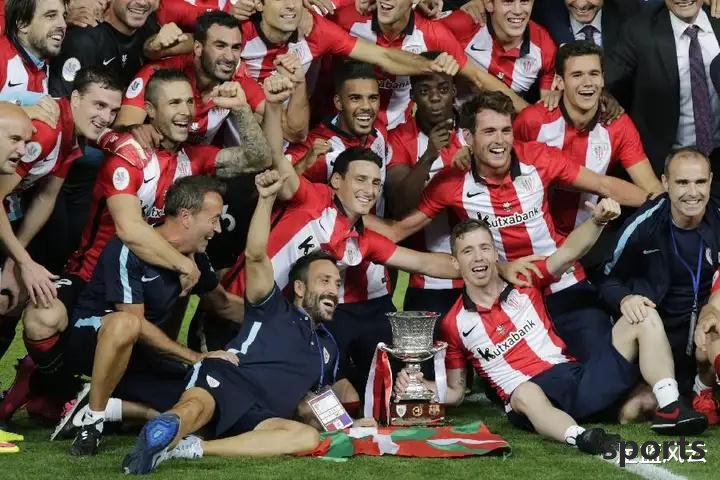
Compared with other teams, Athletic Bilbao really needs a membership system to survive, and the shareholding system may not be in line with their environment.
Because Athletic Bilbao has always adhered to Basque blood and is more dependent on youth training. He once insisted on not using foreign players and had a paranoid football culture. The development of the team is made up by itself, and it invests more than 10 million euros every year to explore football geniuses in the Basque Country.
In this area, many geniuses were born, and everyone is familiar with them. Lorente, Muniain and others are typical representatives.
Under such a culture, if commercialized rashly, it will run contrary to the club's development strategy and goals, resulting in chaos in the construction of the team system and concepts.
This unique membership tradition is the foundation for Athletic Bilbao to survive, and they will implement this concept and perseverely adhere to it.

From the perspective of the development trend of modern football, which membership system or shareholding system can better adapt to the market and develop better? I think there is no standard answer to this question, so we need to analyze the specific questions. With the development of football and the penetration of capital, there may be more and more restrictions on the development of a system alone.
Every time, the environment will change, which also requires the team to make timely adjustments based on the existing environment.
Just like what I mentioned just now, they survive in the membership + listed company model, which will be the choice of most teams.
The membership system has its advantages, that is, professional performance is guaranteed so that the team's development direction will not deviate; at the same time, the joint-stock money-making model is also the same key, and the club must operate efficiently and achieve a balance in the face of competitive performance and profits.
Pure membership system, or pure shareholding system, may have some problems. Only the idea of seeking common ground while reserving differences is reasonable and is also a way to find development.
Related Posts
- Marca: Real Madrid youth training star Ferran Seco performed well and the club plans to renew the player s contract
- At the age of 16, he played 4 games in the U20 World Youth Championship with 3 goals and 2 assists. AS: The Mexican genius G-Mora is a dreamer of becoming an emperor.
- 2-1, one person wins, 10 players are third in Serie A, overturns first in Serie A, AC Milan wins 4 consecutive wins
- Morning Post: Arsenal s passionate victory over Newcastle, Barcelona reverses to the top, Milan defeats Naples to the top
- Joan Armeni: I m very satisfied with Alonso, he and Ancelotti are both great coaches
- Preview of the lottery event on September 7: World-European Preliminary Luxembourg vs Slovakia Belgium vs Kazakhstan
- Today s football two-string: Genoa vs. Juventus + Vallecano vs. Barcelona
- About Yamal, only Frick in Barcelona can suppress him, don t let him follow Neymar s footsteps
- 1-1! Controversy: Push the opponent away and scores the first goal + the captain kicks the penalty kick. The 890 million-dollar giants escaped from the relegation zone
- Desky: Eber is still working hard to make the Nkunku deal, but it is already very difficult
Hot Posts
- Marca: Real Madrid youth training star Ferran Seco performed well and the club plans to renew the player s contract
- At the age of 16, he played 4 games in the U20 World Youth Championship with 3 goals and 2 assists. AS: The Mexican genius G-Mora is a dreamer of becoming an emperor.
- 2-1, one person wins, 10 players are third in Serie A, overturns first in Serie A, AC Milan wins 4 consecutive wins
- Morning Post: Arsenal s passionate victory over Newcastle, Barcelona reverses to the top, Milan defeats Naples to the top
Recommend

Team: Chelsea is evaluating Fermin and regards him as the choice of the same position as Simmons
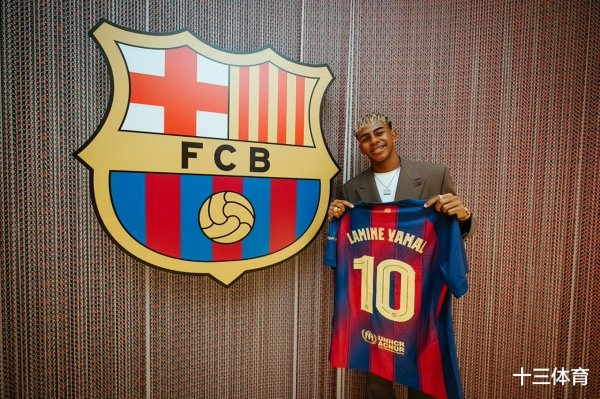
With Yamal winning No. 10, who is the greatest player in history wearing the No. 10 jersey of Barcelona?

Sun Jihai: Youth training requires training for children who can play football, and sum up the experience required to succeed
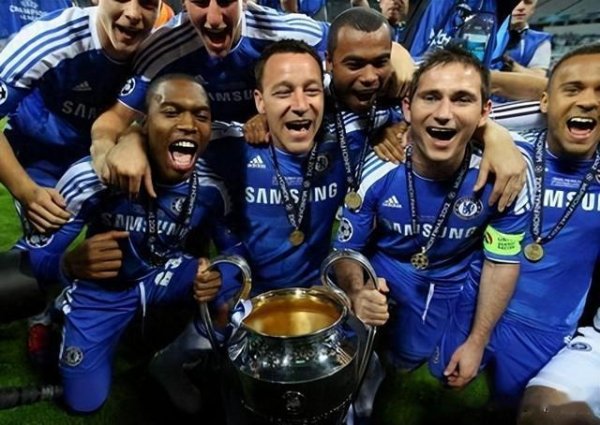
Next season, Europa League may welcome the lowest ranking participants in the league

A big upset 2-3 game was revealed, the Premier League team fell, and it was not won in 8 games, and the 560 million formation was useless.

18-year-old well-known Manchester United fan: Hoylen cannot blame him for lack of support. I really hope Rashford will return
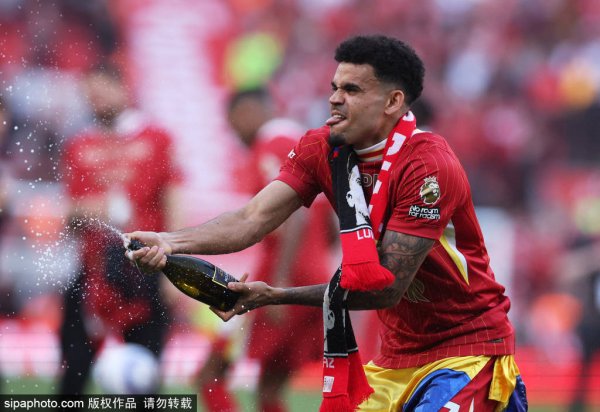
Dias will propose to Liverpool to leave the team and transfer to Barcelona, with no registration additional terms

Shik: I m very happy to contribute more experience. I believe that cooperation with Bonifas will be very tacit.